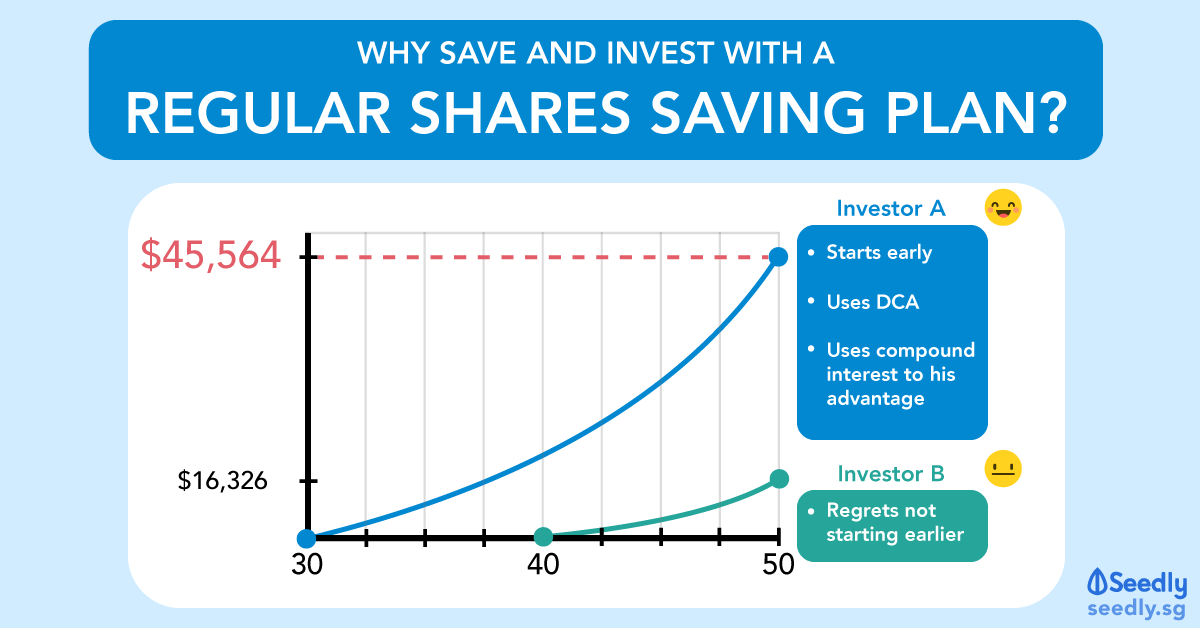Advertisement
Anonymous
Is there any minimum amount for emergency savings? If you don't mind sharing, what is the range for your emergency savings.?
9
Discussion (9)
Learn how to style your text
Reply
Save
Elijah Lee
26 Sep 2020
Senior Financial Services Manager at Phillip Securities (Jurong East)
Hi anon,
At a minimum I would say that you would want to build up to at least 6 months of expenses if you are just starting your career, but have more if you can. Frankly the answer varies from person to person, but some of the factors that affect how much one should hold, include things such as:
Your current age. If you lose your job in your 20s, you can reasonably expect to find another job, although how long that will take is another matter. For someone in their 50s, they may have to enter involuntary forced retirement for good and thus it would be prudent for them to hold more emergency funds to tide them over the period before their retirement income portfolio starts to pay them. I suggest at least 12 months of expenses in your 20s, increasing by 6 months every 10 years or so as you approach retirement.
Your lifestyle. Some people have been very used to a cup of starbucks a day and will find it hard to cope without it. Others may just drink it once a week or lesser, and are totally fine with cutting it out of their lives if push comes to shove. Thus do look at core expenses, which is the expenses that will be there no matter what, such as bills, and basic food. Not every meal needs to be in a food court. Hawker food is still affordable and delicious. Segregate your expenses into the real expenses and the wants. You'll know what you really need to spend in a month should things turn bad.
Your employment. As a self employed, I personal keep more in my reserves, as operating on a 6 or even 12 months expense reserve is too little for my liking. Even if you are regularly employed, ask yourself: How long would you need to find a new job, and how would you cope if you reach 5 months of joblessness and your emergency fund is down to a month? You would probably feel even more stressed, which might negatively impact your performance at a crucial interview. I'd rather not go down that route.
Your non-cash obligations. These might become cash obligations, e.g: If your CPF OA doesn't have sufficient funds as a buffer when paying a mortgage, it will run dry rapidly should you experience unemployment and you will have an additional cash expense which you can't escape from. Your expenses will go up in this case.
Inflation. If you have put aside enough for 12 months of expenses some time ago (based on past year's expenses), you might want to review again. Inflation creeps into the picture easily and over time, what was once enough for 12 months may only be enough for 11 or even 10, even if you didn't change your spending habits. I personally continue to add on to my emegency fund every month, but only with something like $100-$200/mth just to hedge inflation. Review again every few years to ensure the amount stays meaningful and relevant to your situation.
There are probably some other minor factors as well, but all these added together should give you an idea of how much to have in your emergency funds. In the end, it's all about having enough such that you feel safe in riding out any loss of income from your day job, while you build up your other income streams to eventually be free.
I personally have 18 months of emergency funds kept fairly liquid, but I am looking at increasing the absolute amount when my house is here since I intend to pay for the mortgage in cash.
Reply
Save
Though few people (including me) have sufficient uninvested emergency cash available, I would say that to cover regular expenses for 6 months would be nice (part of it could also be physical gold in small units)
Reply
Save
Hey there!
Emergency funds are used when in "times of crisis" such as when you lose your job.
A good amount will be at 6 months of your monthly expenses.
By expenses, you should include your subscriptions, insurance etc..
This 6 months of emergency funds should be kept liquid. Meaning you can get it out anytime. I suggest you keep in SingLife account or just keep in your bank!
Hope it helps XD
Reply
Save
Dionysius Ang
25 Sep 2020
Aerospace Engineering at Nanyang Technological University
I guess it would have to greatly depend on your life's situation:
- High interest debt (student lo...
Read 4 other comments with a Seedly account
You will also enjoy exclusive benefits and get access to members only features.
Sign up or login with an email here
Write your thoughts
Related Articles
Related Posts
Related Posts
Advertisement









6-12 months of worth of essential expenses would be a good gauge. The exact value will vary from person to person depending on their lifestyle needs. It'll be good to place these funds in Singlife and Dash Easyearn to let it grow and beat the inflation rate!